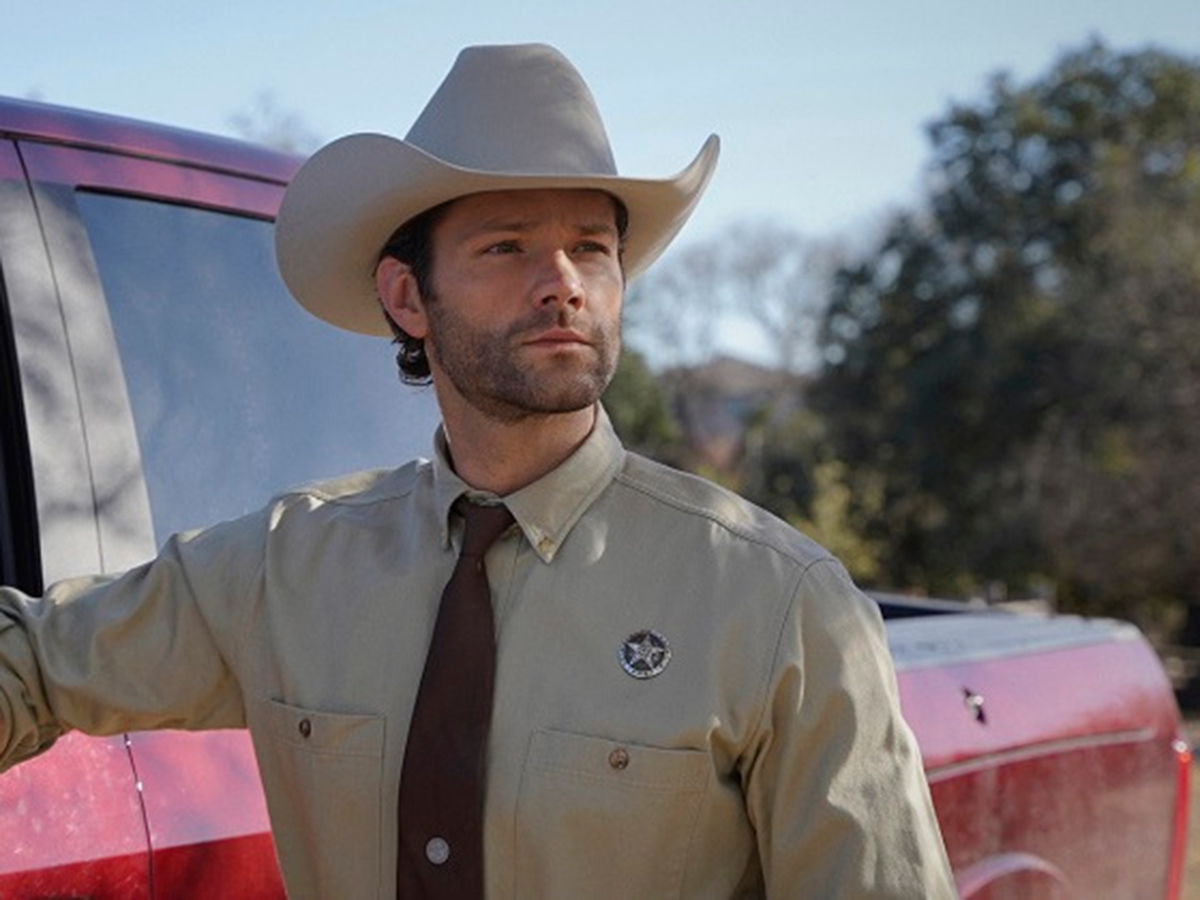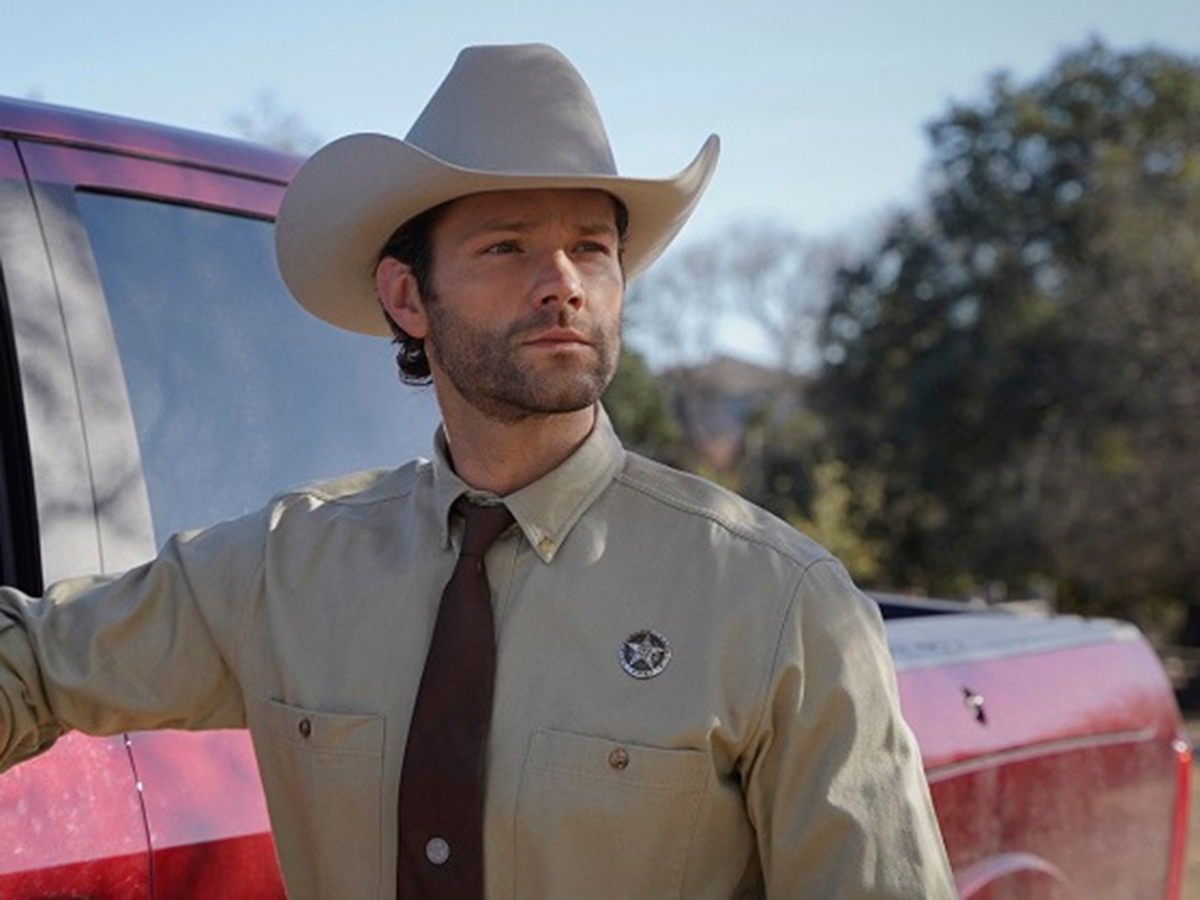
The CW network is known for its exciting DC shows, such as “The Flash.” Among its most popular TV shows, the season premiere of “Walker” was a huge hit for the CW, as it captured its largest audience yet at over three million viewers. By now on its third episode, “Walker” has proven a disappointing watch accompanied with a frail plot that immediately disinvolves the audience. The acting in the first two episodes are worth a watch but don’t make up for the void of interest that is evident early on in the story.
A reboot of the original “Walker: Texas Ranger,” the show follows Cordell Walker (Jared Padalecki) grieving the loss of his wife, Emily Walker (Genevieve Padalecki), in the midst of seeking answers for her murder. Upon returning home to Austin after months away, he is treated with hostility by his children, who have become more comfortable with Walker’s brother, Liam Walker (Keegan Allen), as a father figure. Walker attempts to rekindle bonds with his family and befriends his new partner, Micki Ramirez (Lindsey Morgan), as they solve cases. “Walker” is an ongoing arc that engulfs Cordell’s journey in mending his familial relationships, while seeking answers about Emily’s death.
The show possesses a feeble plot that rushes through pivotal scenes and disengages the audience. The pilot immediately opens up with Emily running from someone before her inevitable demise. It then leaps from the central problem to a time jump two years later, failing to provide a backstory of the couple’s relationship and Cordell’s actions following Emily’s death. Moreover, the dialogue between the characters takes place in strange situations that center the show around a family drama, rather than Cordell’s role as a Texas Ranger. In a lunch scene, for example, Cordell’s parents start judging his absence in his childrens’ lives out of nowhere in a scene that quickly devolves into chaos. The pilot is extremely unorganized as scenes are disrupted with Cordell’s work calls and transitions between work and family, which purloins the audience from focusing entirely on just one scene.
The show doesn’t get any better in the second episode. Cordell continues to mend relationships, especially with his daughter, Stella Walker (Violet Brinson). Stella incessantly runs away in the first two episodes, which makes scenes repetitive: Cordell finds her, has an argument about shirking his fatherly duties and is judged by his parents. Toward the end, there is a quick reunion with his defiant, brokenhearted daughter. For a reboot that may focus on crime and mystery, the cases in “Walker” are solved way too quickly without creating any anticipation.
“Walker” deserves applause for including real world issues, such as LGBTQ representation and racism, in an attempt to make a difference. However, in alignment with the plot, they could be communicated more effectively. Its swiftness prevents the characters from delivering themes associated with them, as they are not greatly focused on throughout the episodes. Micki is introduced as the first woman of color to be a Texas ranger, but, with the exception of a brief scene when she discusses her desire to make things right after past racist encounters, the plot hardly centers around her. Instead, it focuses more on family drama than the crime aspect. While “Walker” embodies great thematic elements, the dreadful plot confines them from being further explored.
The only feature that bolsters the show is its acting, but that can only do so much to deem the show as a “must-watch.” Jared Padalecki, having won audience’s hearts in “Supernatural,” nails the agony Cordell feels through his excellent facial expressions and by delivering lines with great emotion. Having Padalecki’s actual wife play Emily makes for a more authentic experience, as the actors possess great chemistry. Brinson greatly engulfs the grief associated with losing a mother and Emily’s struggles in coping with the loss. Morgan, known for her fearless demeanor in “The 100,” performs great acting without a doubt, as she takes initiative and stands independent in the face of adversity. The cast executes a beyond exceptional performance with leads that bring their all to the table.
Despite this, “Walker” possesses a rushed plot that tries to juggle more than it can handle with key themes, family issues and solving cases. It has a lot going for it with the mystery surrounding Emily’s death and praiseworthy performances and thus has the potential to be better. “Walker” was recently picked up for a second season, so it may evolve into providing a more immersive experience.
Verdict: If you’re looking for an escape similar to the original “Walker,” this is far from it. Audience members are in for lots of family drama rather than action and mystery. The rushed plot disengages the audience with its lack of organization. The idea is promising but needs work.








